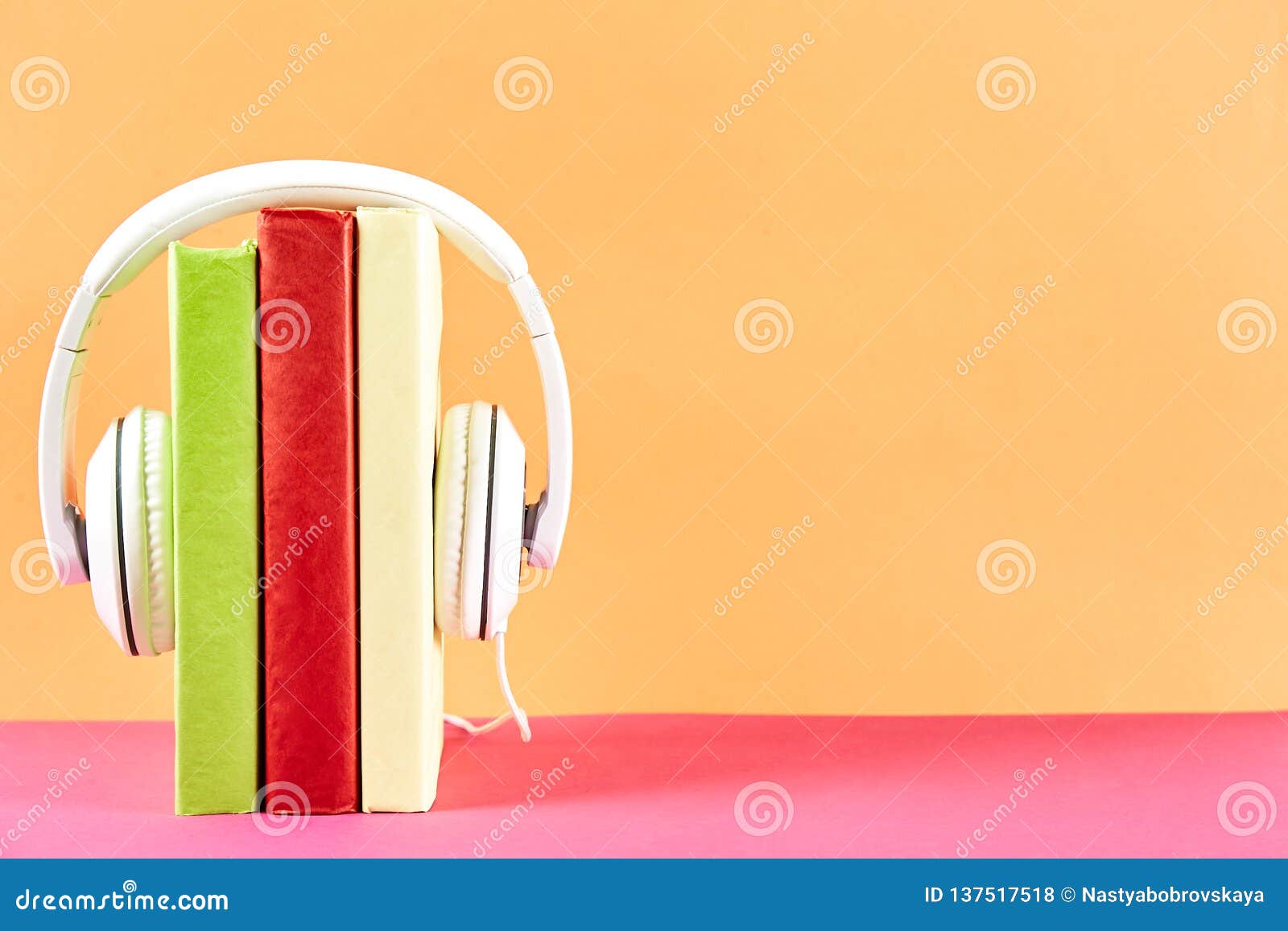
If you’d like to buy a physical copy, you can do so through Ableton’s website. In fact, you can apply the concepts in this book to almost any DAW. Ableton is the company that sells Making Music, but the contents of this book aren’t Ableton specific.
#Audio book vs reading free
Many chapters from this book are free to read via Ableton’s website. These are just some of the topics covered in-depth that you probably won’t find in a technical textbook on music production and audio engineering.

#Audio book vs reading how to
Some examples of the content within this book include how to improve your productions by actively listening to music, overcoming placing arbitrary constraints on yourself, and dealing with procrastination using timeboxing. This book is structured in a way that lays out a particular problem, and then offers a clear solution, or a number of solutions, that you can use to continue effectively writing music. It addresses 74 different creative problems that you’ll likely face at some point throughout your music career and provides insight into how you can overcome these challenges. While a large number of people reading this blog, do in fact produce electronic music, Making Music: Creative Strategies for Electronic Music Producers by Dennis DeSantis contains useful creative tips for all kinds of musicians and producers. Making Music: Creative Strategies for Electronic Music Producers ($30) At over 600 pages, it is quite lengthy, but the pure saturation of content is what will keep you occupied not the page count. Out of all the books on this list, Modern Recording Techniques (Audio Engineering Society Presents) will probably take you the longest to read.

This book provides foundational information that all of the other books on this list will gracefully compliment. I highly recommend this book for beginners, as well as more seasoned producers and engineers who want to fill the gaps in their production knowledge. When you work professionally as a music producer, not knowing about the technical side of things can really hinder your ability to communicate with other people in the industry. By the time you finish reading this book, you won’t be wondering which way is up anymore, and you’ll have exponentially improved your music production and audio engineering vocabulary. It provides excellent insight into the process of recording, production, mixing, and mastering.
#Audio book vs reading professional
If you’re looking for an in-depth overview of how songs are taken from start to finish at a professional level, Modern Recording Techniques (Audio Engineering Society Presents) by David Miles Huber and Robert E. Modern Recording Techniques (Audio Engineering Society Presents) ($50) It’s when you practice that the information you’ve acquired manifests itself inside your long-term memory. Many people like to use the 20/80 rule of thumb, which states that you should split your time into 20% active learning, and 80% practice. Additionally, the prices are listed for the paperback version of each book, but many of them are available as eBooks as well.Īs essential as it is to seek out new information, it’s just as important to put what you learn into practice. I’ve listed these books in the order that I think most people should read them, assuming they have no background in music whatsoever. This list includes seven of my top recommended books that all music producers must read. A book that delves deep into the world of music production is going to provide you with one of the most profound levels of understanding that you can achieve. When you pick up a book, there’s a good chance that you’re looking to immerse yourself in a new world.

:max_bytes(150000):strip_icc()/Kindle-DX-575f1e2e5f9b58f22ef0ede4.jpg)
On top of extending the duration of time you can spend learning about music production, books don’t need to trim all the fat to increases view counts in the way that YouTube videos do. It’s not very often that I’m able to watch YouTube videos for more than 30-60 minutes at a time, but I can frequently read a book for hours on end. An enthusiastic and expressive YouTuber is often capable of holding your attention for a couple minutes, but information that gets thrown in your face like this can quickly overload your senses.


 0 kommentar(er)
0 kommentar(er)
